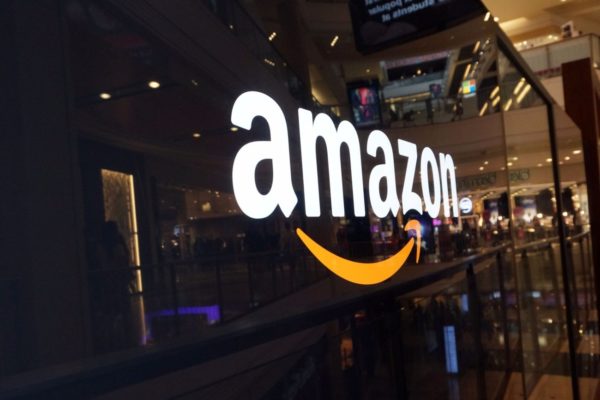
Here’s Why This Top VC Says Amazon Is Set to Rule the Fintech Game
By Jeff John Roberts for Fortune
If any technology company makes a major move into payments and banking, the most obvious candidates are Apple (AAPL, +0.36%) and Google (GOOG, -0.18%). After all, both have a lot of experience thanks to the Apple Pay and Google Wallet functions, and both have already persuaded hundreds of millions of customers to share their credit card information.
But in the long run, it’s likely to be another tech giant, Amazon, that captures the market for Internet payment services, according to Alex Rampell, a general partner at the venture capital firm Andreessen Horowitz.
Speaking at the Goldman Sachs Technology conference in San Francisco on Tuesday, Rampell explained that Amazon (AMZN, +0.75%) is more inclined than its rivals to make a big bet on low-margin businesses. Just as the company added features like free music and e-books to its Prime service as an incentive for customers to sign up and shop more, it could do the same with banking and payment services.
“Amazon is the most formidable,” said Rampell. “If Amazon can get you lower-debt payments or give you a bank account, you’ll buy more stuff on Amazon.”
Rampell made the remarks as part of a broader discussion about finance and technology with Marc Andreessen, one of the VC firm’s namesake partners.
On the question of investing in fintech, a once-hot field that cooled dramatically after painful stumbles by firms like Lending Club, Rampell said he is still bullish—so long as the firm possesses a key advantage.
For example, San Francisco-based SoFi, which is best known for refinancing student loans, holds a unique ability to parlay its relationship with student loan customers into a series of other products, including mortgages, over the long term, he said.
“SoFi has already amortized its customer acquisition cost,” he said, noting that other online lenders spend enormous amounts on online advertising that is often ineffective.
Rampell also identified other companies that “sell pickaxes” to the fintech miners, and are cleaning up as a result. These include a startup called Plaid, which provides access and analytics for financial data, and Credit Karma, a platform known for offering free credit scores, but whose real business is seen as a vertical search engine for other finance firms.
Finally, Rampell and Andreessen addressed the question of payment apps for retailers and whether anyone else can imitate Starbucks (SBUX, +0.49%), whose successful app has long been touted as an example for others to follow. They said that such apps only make sense for companies with regular, repeat customers.
It makes even more sense if the retailers’ product is addictive like coffee, or perhaps, fried chicken. Rampell pointed to the unexpected success of Chick-fil-A, which has built a booming app business since it began offering a free sandwich to anyone who downloaded it.
First appeared at Fortune





